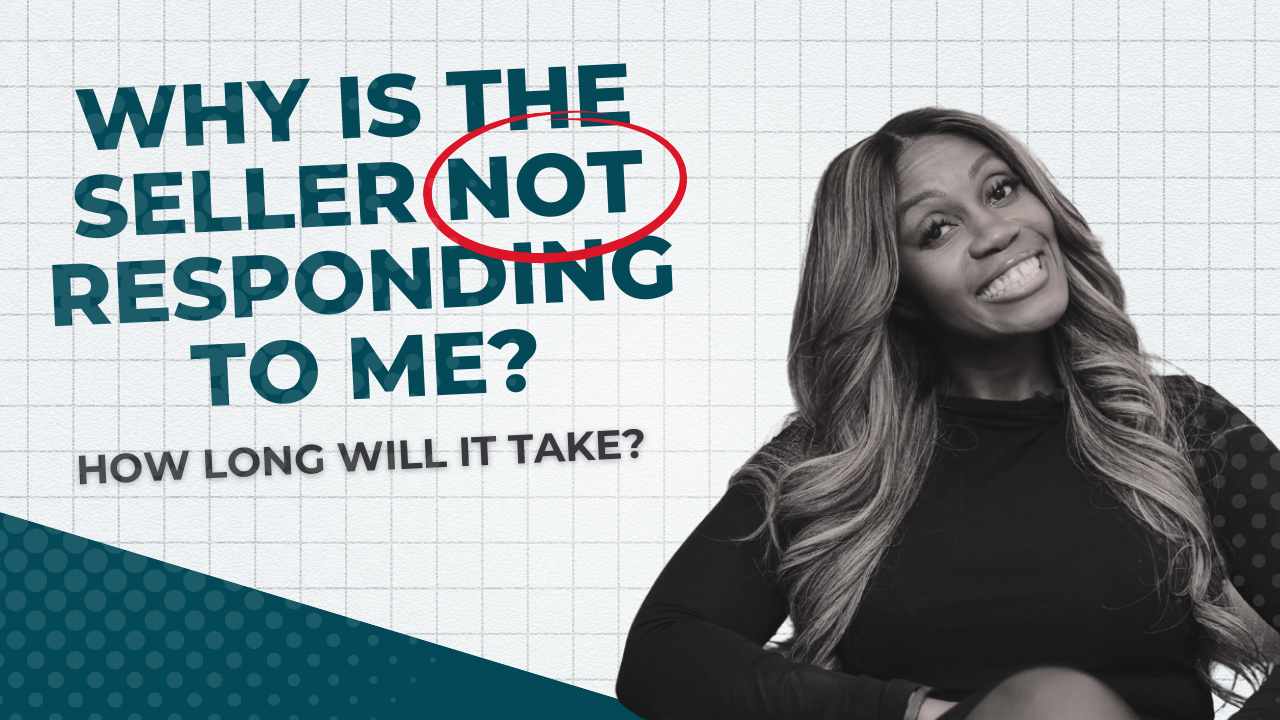
Submitting an offer on a property is an exciting step, but the waiting game that follows can feel endless. Many buyers assume there’s a set time frame for a seller to respond—24 hours, 48 hours, or maybe a week. The truth? There are no deadlines. A seller can take hours, days, or even weeks to reply—or they may not respond at all. So, how do you improve your chances of getting an answer? It all comes down to strategy.
Understanding the Seller’s Mindset
Every seller has their own reasons for putting a property on the market. Some need to sell quickly due to life changes, while others are simply testing the waters to see what offers come in. Knowing a seller’s motivation can help you craft an offer that speaks to their priorities. Before making an offer, ask yourself:
• How long has the seller owned the property? A long-term owner may have a strong emotional attachment, which could influence their decision-making.
• Why are they selling? Are they downsizing, upgrading, or relocating for work? Their urgency (or lack of it) can impact how quickly they respond.
• Is the property priced competitively? If it’s already listed at market value, a lowball offer is unlikely to get a quick—or positive—response.
How to Get a Seller to Respond Faster
While you can’t control a seller’s timeline, you can make your offer stand out in a way that encourages a response. Here’s how:
• Make a strong first offer. A well-structured, competitive offer that aligns with market value is more likely to get a seller’s attention.
• Show that you’re serious. Submitting an offer with strong financing, a pre-approval letter, or proof of funds signals that you’re a serious buyer.
• Build a relationship. Real estate is about more than just numbers—it’s about people. Establishing rapport with the seller’s agent can create goodwill and smooth the negotiation process.
• Be patient, but follow up. If you haven’t heard back within a reasonable time frame, a polite check-in can help keep your offer top of mind.
As Warren Buffett once said, “Price is what you pay. Value is what you get.” The key to getting a seller to respond isn’t just about making an offer—it’s about making the right offer.
By understanding the seller’s motivations, structuring your offer strategically, and maintaining open communication, you can increase your chances of getting the response (and deal) you want.
Navigating commercial real estate negotiations can be complex, but you don’t have to do it alone. If you need expert guidance in buying, selling, or investing in commercial real estate, let’s connect.